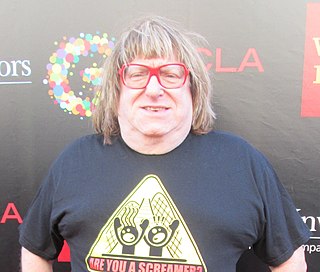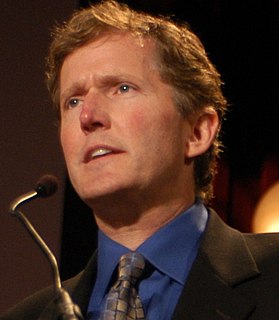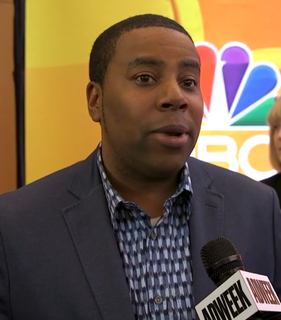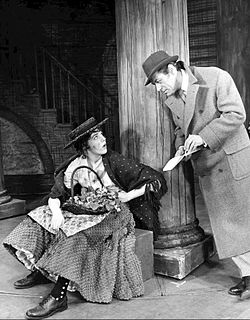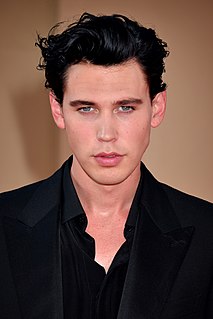A Quote by Eric Idle
I like the idea of being out there regularly with an audience and with a funny gang of people. That's what I grew up with - doing television, doing shows every week.
Related Quotes
I mean, if they're doing a television show every night like Jon Stewart, or Ellen, or David Letterman, then they have their bunch of people who are sitting on a payroll someplace, who are coming up with material every day of the week. Those are the people who wind up doing the bulk of the work for them when they host the thing, because that's their team.
I think poets are supposed to be writing for television and film. I grew up in the day of early TV that was so raw and funny, and I think we're in the next important moment of television, where it's really telling the epic of the culture like Charles Dickens was doing in the 19th century with his serialized novels.
It's just a challenge doing live television every week, you know, it's a challenge to come up with new material every week and stuff like that and try to keep it current, you know what I mean, like it's just, you know, it's a kind of a stressful environment. Like I didn't really realize that we had a show this Thursday until yesterday.
I did try theatre out when I was little. I did roles as a child actress. My parents didn't push me into it. But I was up for it. I didn't enjoy doing eight shows a week, though. That repetitiveness didn't appeal to me. I love doing something different every day and travelling. You can't do that in the theatre.

